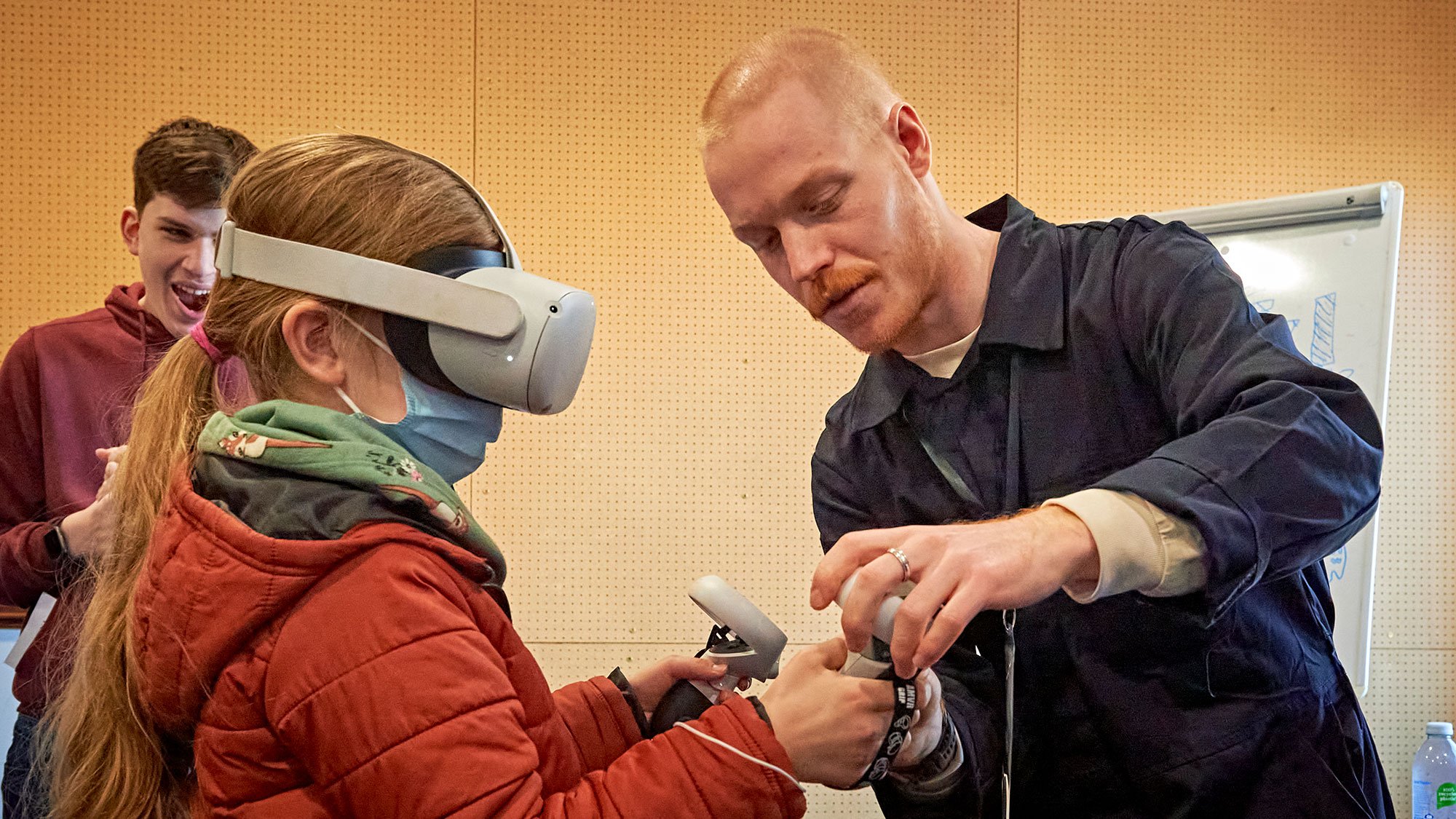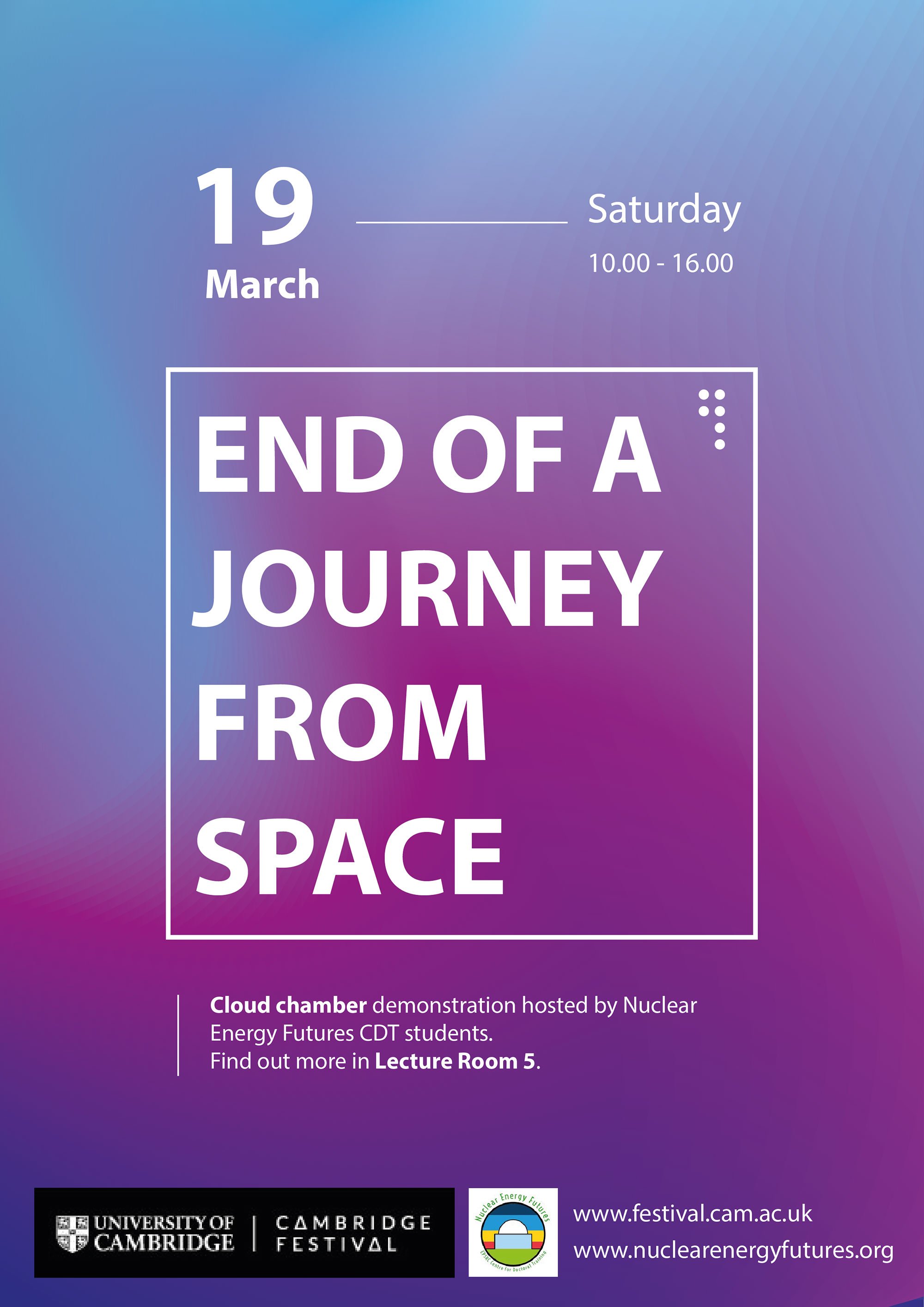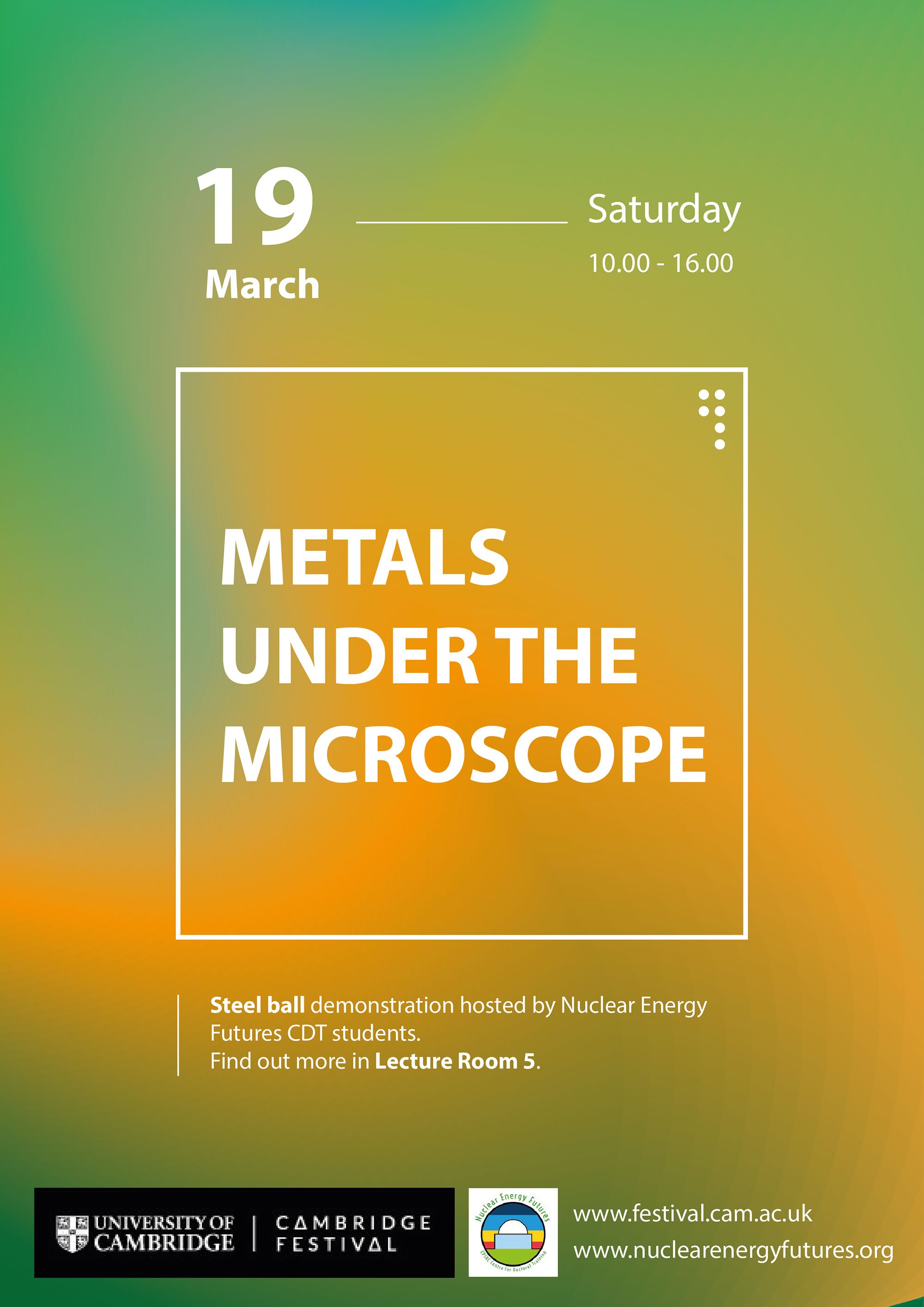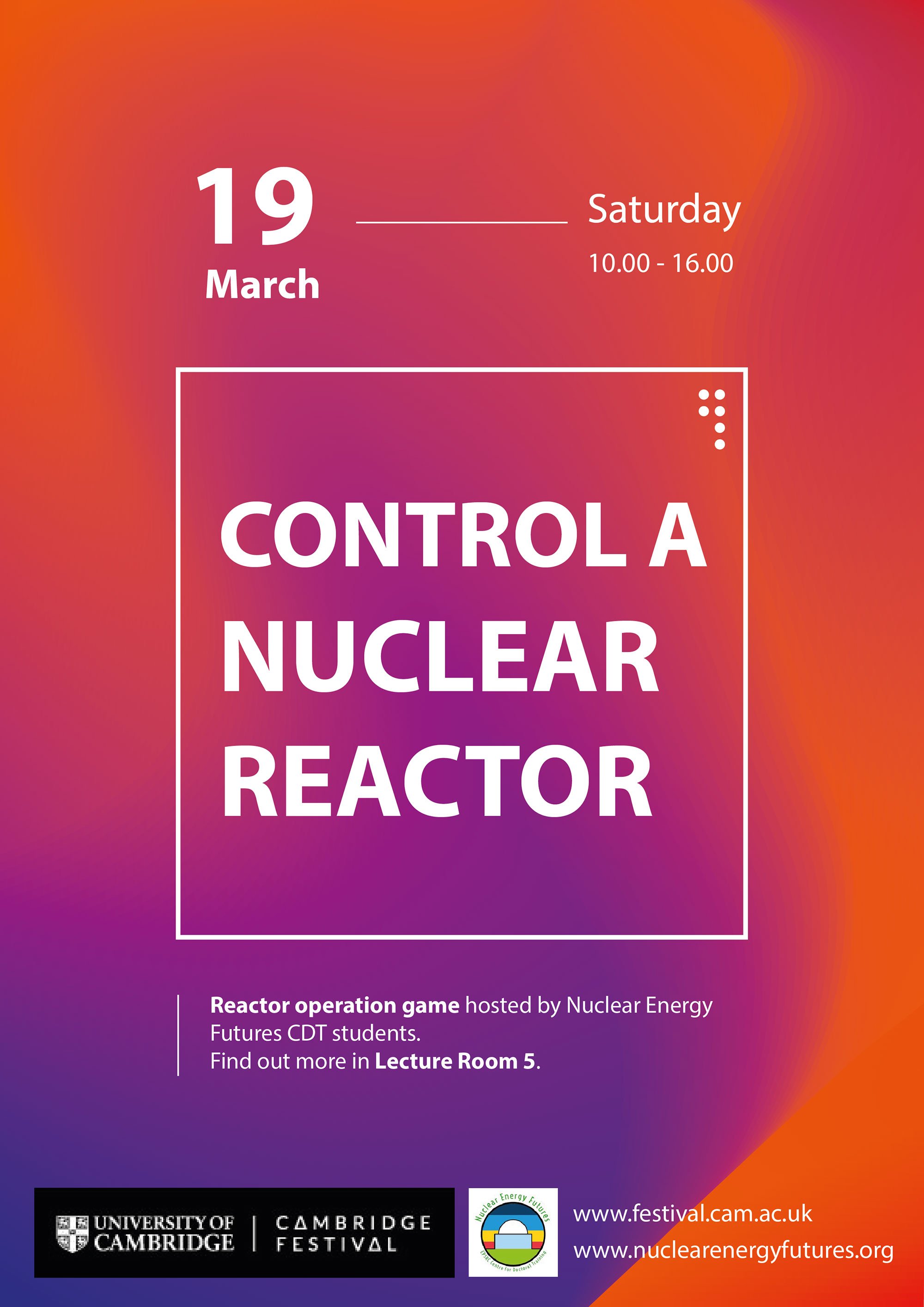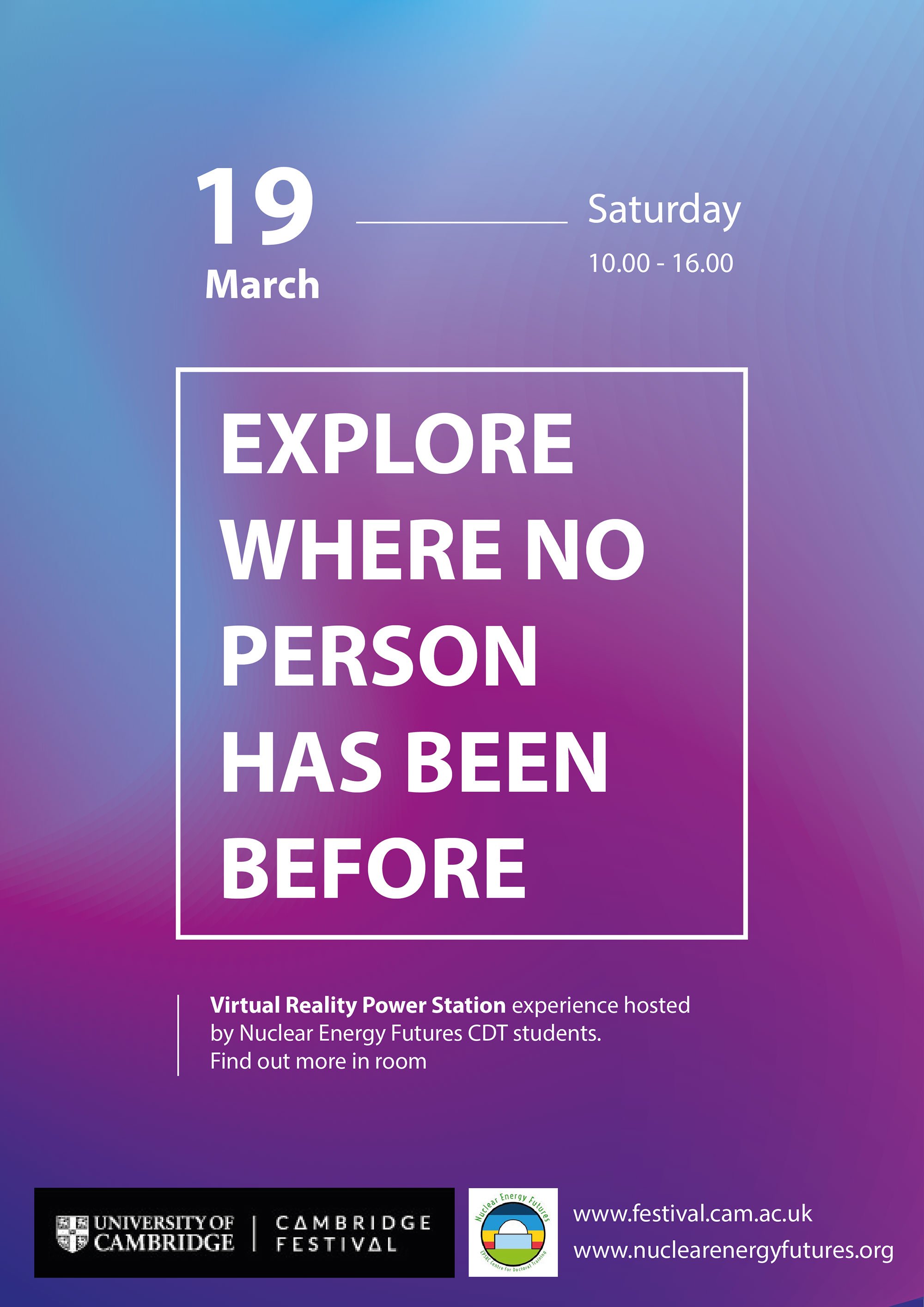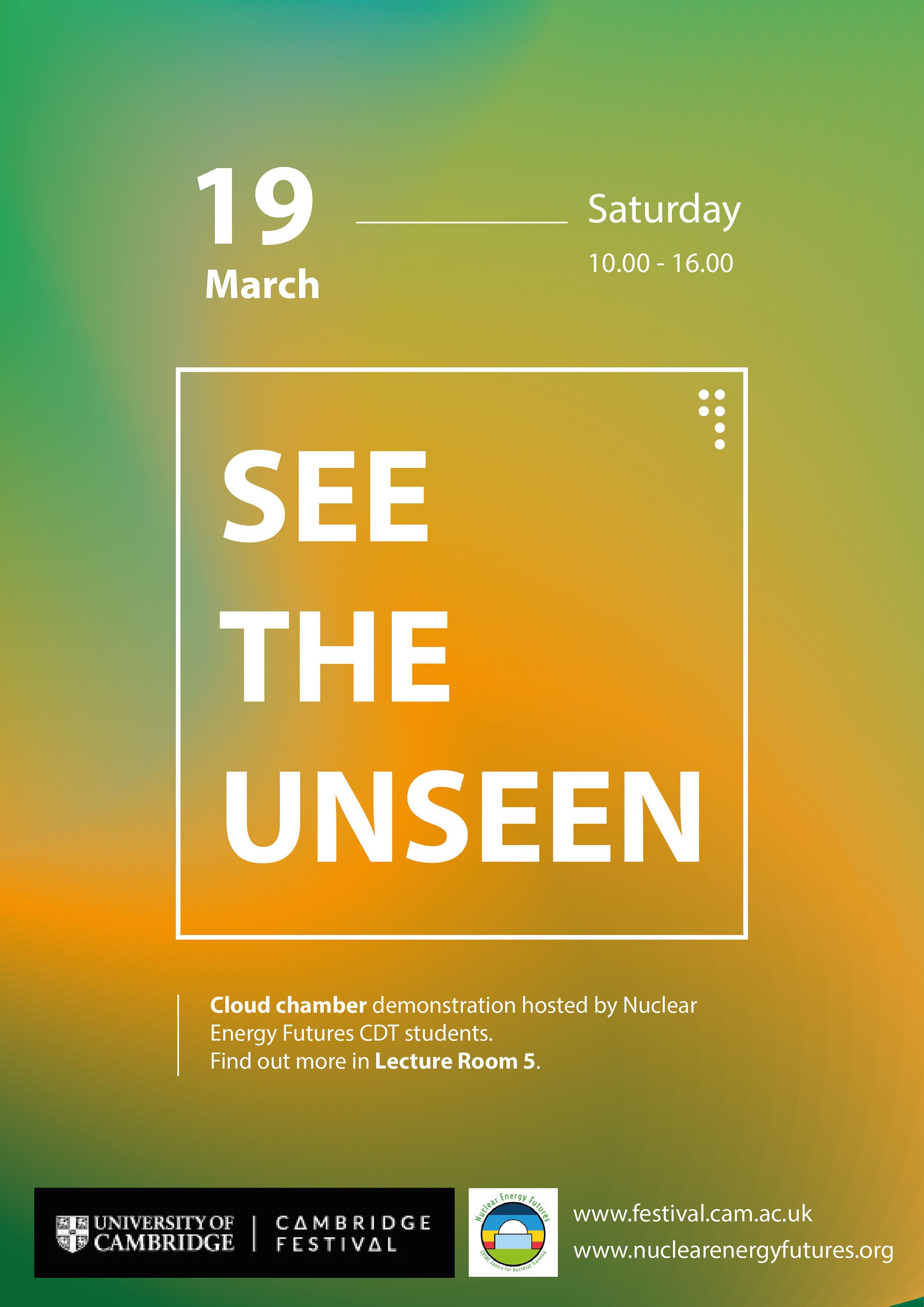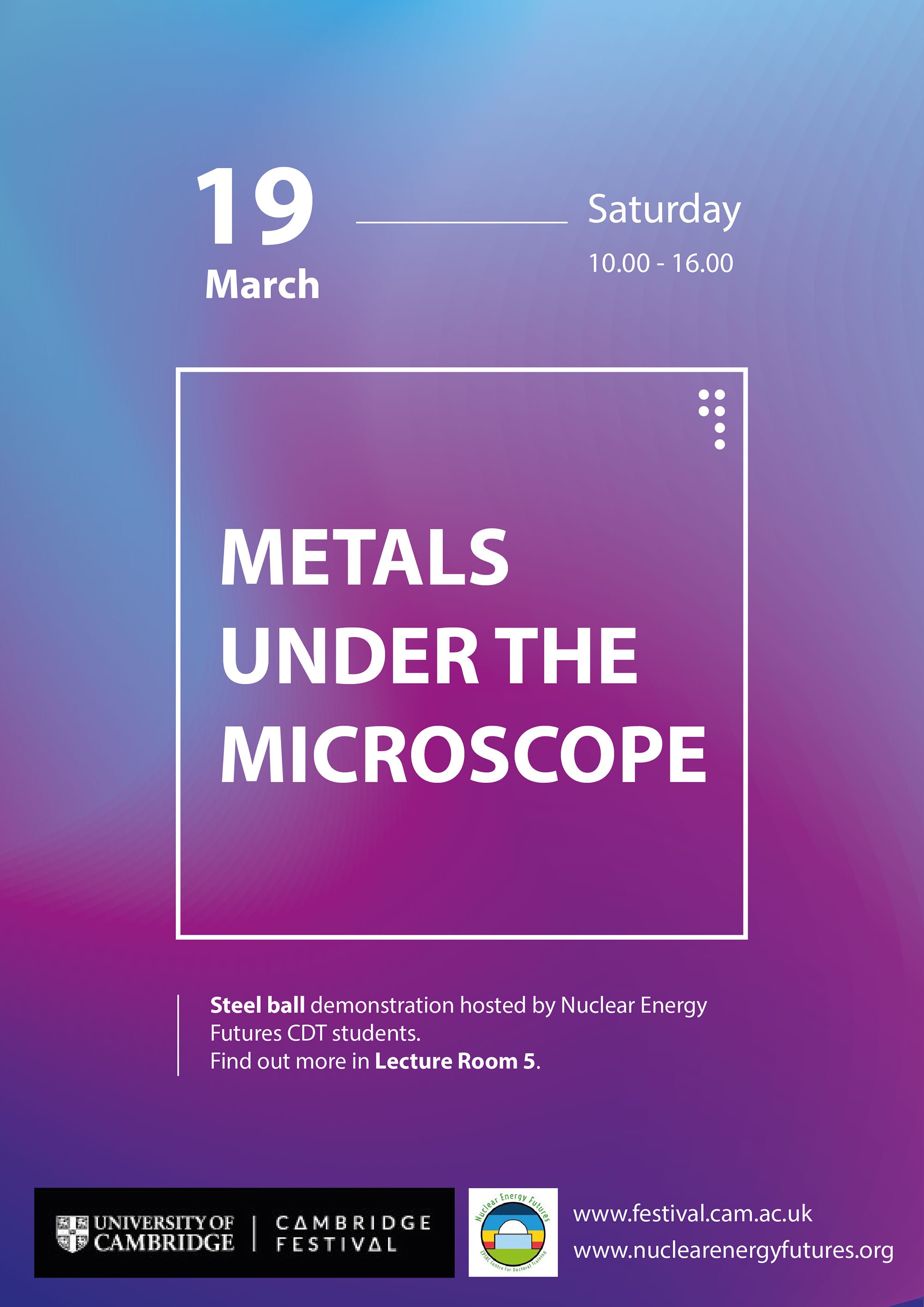Cambridge Science Festival: Planning, Delivery, Outcomes and Experiences
This year the members of Nuclear Energy Futures Centre for Doctoral Training (NEF CDT) Cohort 2 were challenged with the delivery of a set of nuclear-themed workshops to the public as part of their public engagement training. This goal was achieved through the conception, planning and rehearsal of a set of educational activities which could be used to provide the public attendees with a broader knowledge of the nuclear industry.
In our first meeting, we were tasked with thinking of creative ways of explaining our work to the public. This was an interesting experience as discussing our work with non-technical or even sceptical people is difficult, especially with a topic such as nuclear science of which public opinion has been famously volatile towards. This task involved creating metaphorical catchphrases for our unique research areas and potential ways in which we can get the public to engage with these topics. By the end of the session, we had a vast number of potential ideas which we could use to interact with the general public with regards to our research.
The next step was to narrow down and aggregate these ideas down to a realistically manageable number where each stall could be responsibly staffed. Ideas for stalls were iteratively eliminated through criteria such as feasibility in terms of money and space, viability in terms of safety and desirability in terms of public enjoyment. We finally narrowed down our activities to four, two of which were computer-based games and two of which were scientific demonstrations:
Nuclear Island VR Experience
Reactor Control and Operation Game
Steel Ball Bearing/Microscope Metallurgy Demonstration
Cloud Chamber/Meisner Effect Demonstration
Once these plans were finalised and drafted, our next task was to travel to Cambridge and physically plan our event. This was a fun day of floor planning and role play where we could begin to test out our ideas. Our visit to Cambridge was concluded with a final meeting to discuss the finer details, such as dress codes, signage, labels, and other expenses.
The weeks leading up to the event were spent finalising the planning and construction of our deliverables for the Cambridge festival. The cohort arrived the night before to set up and go over the necessary procedures for the event. The day of the festival was incredibly busy, where we had a large number of guests visit our attractions, all of which had said they found the experience enjoyable and educational. It was pleasing to hear so many people say that their opinion of the nuclear industry had changed overall and many of the attendees still in education were inspired to undertake research themselves.
The members of NEF Cohort 2 enjoyed themselves thoroughly and thank those from The University of Cambridge for the opportunity to undertake such a fun and unique challenge, and hope that these opportunities will continue for cohorts to come.
Corey Bevan
NEF CDT Student
